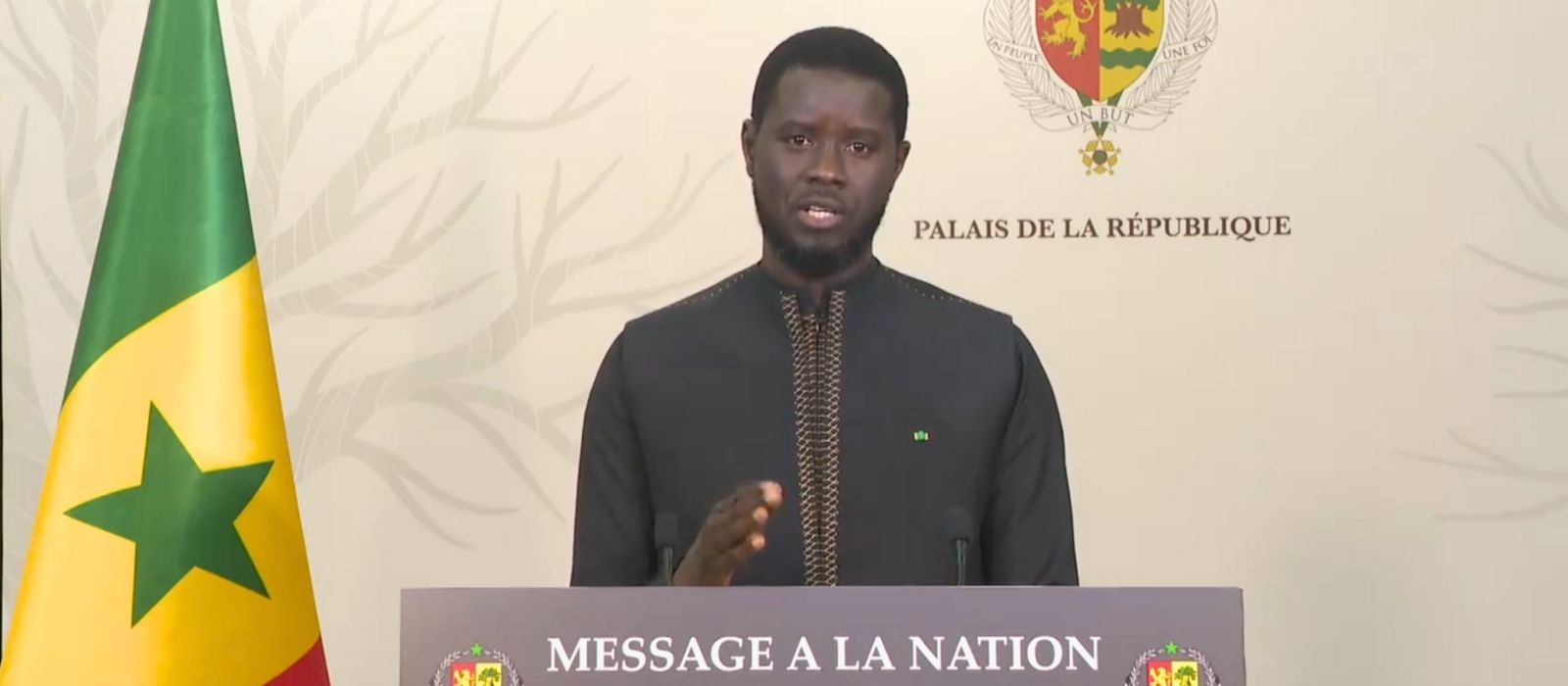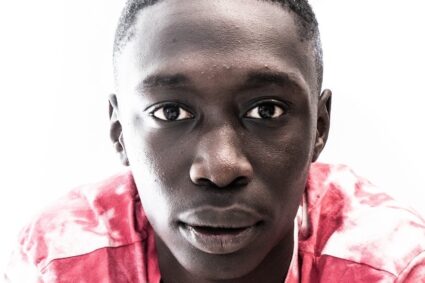
Senegal’s President Bassirou Diomaye Faye has dissolved the opposition-led parliament, paving the way for a snap legislative election. The election is set for November 17th, just six months after President Faye, Africa’s youngest democratically elected leader, took office.
In a televised address on Thursday evening, President Faye called on voters to grant his party, PASTEF, a mandate to carry out what he described as the “systemic transformation” he promised during his campaign. PASTEF is expected to have a strong chance of securing a majority, thanks to Faye’s popularity and his decisive victory in the March presidential election.
However, the Benno Bokk Yaakar opposition platform, led by former President Macky Sall, has condemned the move. They accused President Faye of convening a legislative session under false pretenses to announce the dissolution and accused him of “perjury.”
Faye’s rise to power reflects widespread frustration among Senegal’s youth with the country’s current direction. During his campaign, he pledged to implement widespread reforms to improve the living standards of ordinary Senegalese, including tackling corruption. He was elected with 54% of the vote, but six months into his presidency, these promises have yet to materialize. Faye and Prime Minister Ousmane Sonko, a popular opposition figure who helped propel Faye to victory, have blamed the opposition-led parliament for obstructing the promised reforms.
Senegal’s political landscape has been tested in recent years, with the April presidential election scrutinizing the country’s reputation as a stable democracy in West Africa—a region frequently disrupted by coups. With over 60% of Senegalese under 25 and 90% estimated to work in informal jobs, the country has also faced skyrocketing inflation, making life increasingly challenging for its citizens. Additionally, Senegal remains a significant source of irregular migration to Europe.


